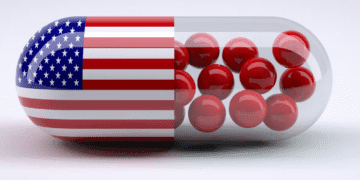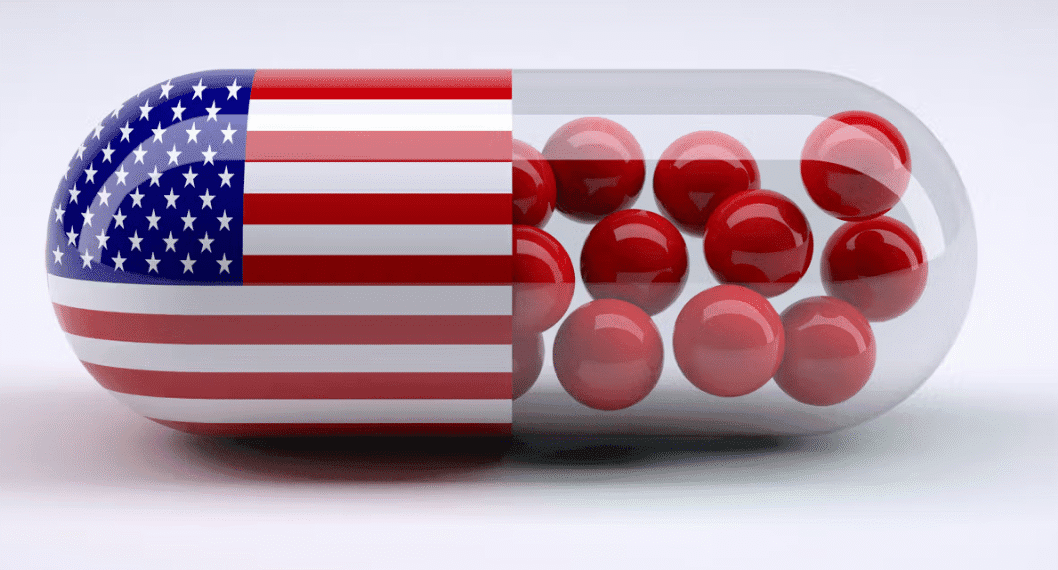Athira Sethu
Kochi, 2 Sep 2025
The Trump administration said it plans to propose high tariffs on imported drugs, with up to 200 percent rates. It’s a dramatic change in U.S. trade policy, as many drugs have long arrived in the country duty-free.
The administration argues that the move is necessary for national security. Officials say that the COVID-19 pandemic revealed major weaknesses in the pharmaceutical supply chain, including shortages and overreliance on foreign production. By raising tariffs, the government hopes to encourage more domestic manufacturing of essential medicines.
Experts caution, however, that the policy might be counterproductive. Increased tariffs would most probably push up drug prices in the United States. These would ultimately find their way to consumers, both in the form of higher prescriptions and increased premiums for health insurance. The poorest and elderly who depend on ongoing medications might be hardest hit.
Generic medicines are particularly vulnerable. These account for more than 90 percent of the prescriptions in the U.S. and are normally manufactured with hardly any profit margins. If the price of importing such drugs goes up drastically, some firms might opt to discontinue selling these medicines in the U.S. market altogether.
Rebuilding the pharmaceutical supply chain in the United States will not be simple or prompt. In the last few decades, most drug companies outsourced their operations to other nations like India, China, Ireland, and Switzerland. Now, many of the antibiotics, antivirals, and generic drug ingredients are produced outside the U.S. Building new plants locally would be a long process and a huge financial investment.
There are already some of these companies that have committed to investing in the increase of their U.S. operations. For instance, large pharmaceutical companies have indicated plans to invest billions of dollars in new facilities. The experts point out that these attempts will not be able to substitute foreign production overnight.
The White House proposed delaying the implementation of up to 18 months, giving companies time to prepare. Nevertheless, if the policy is implemented, its long-term effects will be drug shortages and increased prices.





















